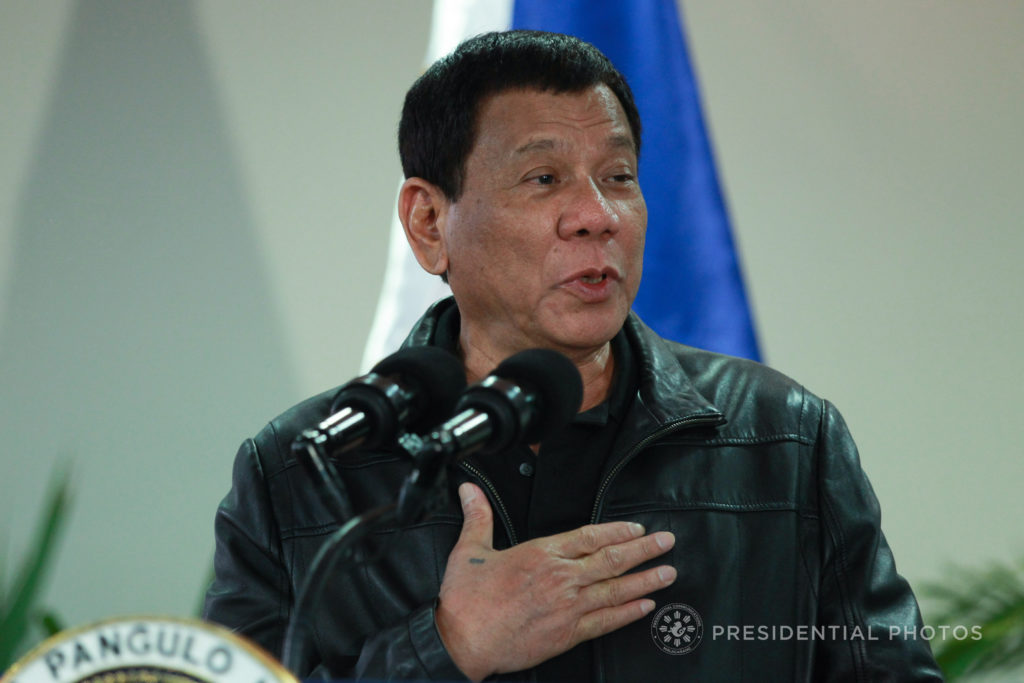President Rodrigo Duterte presented China as an alternative destination when asked how he would deal with the repercussions of stopping the deployment of workers to Kuwait.
“I will ask China to open its doors to us. They need teachers and domestic helpers,” the President said upon arrival early Saturday morning from a state visit to India.
In a statement at the airport on his way to India, Mr. Duterte said he would “never again tolerate one more incident of rape” of a Filipino worker in Kuwait.
He again brought up the matter upon his return and said he was willing to accept the social and economic consequences of stopping the deployment of workers abroad.
Decency and dignity
“As a worker of government [and] as one who also decides whether we go there or not, I will not hesitate to lose your friendship, not at the expense of the Filipino. Do not do it,” he said, addressing countries receiving OFWs.
Mr. Duterte said all he was asking from other countries was to treat Filipinos with decency and dignity.
“Do not abuse them,” he said. “Filipino women are not merchandise you buy and just do what you want. It sucks.”
Mr. Duterte admitted that his predecessors might have opted to remain silent on many complaints of sexual abuse, unfair work conditions and outright inhuman treatment.
Human Rights Commissioner Gwendolyn Pimentel-Gana, the agency’s focal person for migrant workers’ rights, said the President’s words and actions might give stakeholders “time to reflect” and adopt necessary reforms.
Greater harm than good
“The [Commission on Human Rights] supports the government’s efforts to promote stronger protection and enhanced welfare mechanisms for our overseas Filipino workers (OFWs) especially those most prone to abuse and exploitation,” Gana said in a statement.
But the New York-based Human Rights Watch (HRW) said imposing a ban might expose migrant workers to greater harm.
Rothna Begum, researcher at HRW women’s rights division, said similar bans, such as in Indonesia, did not end the abuses.
“Instead, people desperate to work still migrate, but through unsafe and unregulated channels, leaving them more exposed to abuse and trafficking,” she said.
Under such circumstances, Begum said issues of abuse would be more difficult to address once workers were already in the Middle East.
Instead, Begum suggested that the Philippine government demand “an end to the abusive ‘kafala’ (visa sponsorship) system which ties workers to their employers and prohibits them from leaving or changing jobs without their employer’s permission.”
She also said the Philippine government should call for improved cooperation from Middle East governments in rescuing distressed workers and in investigating worker deaths.
Kuwait, meanwhile, has expressed its “regret and bewilderment” over the suspension.
In a report in Kuwait Times, Deputy Foreign Minister Khaled Sulaiman al-Jarallah told Philippine Ambassador Renato Pedro Villa that the move “contradicts the nature of the distinctive ties between the two countries and does not serve their common interests.”
